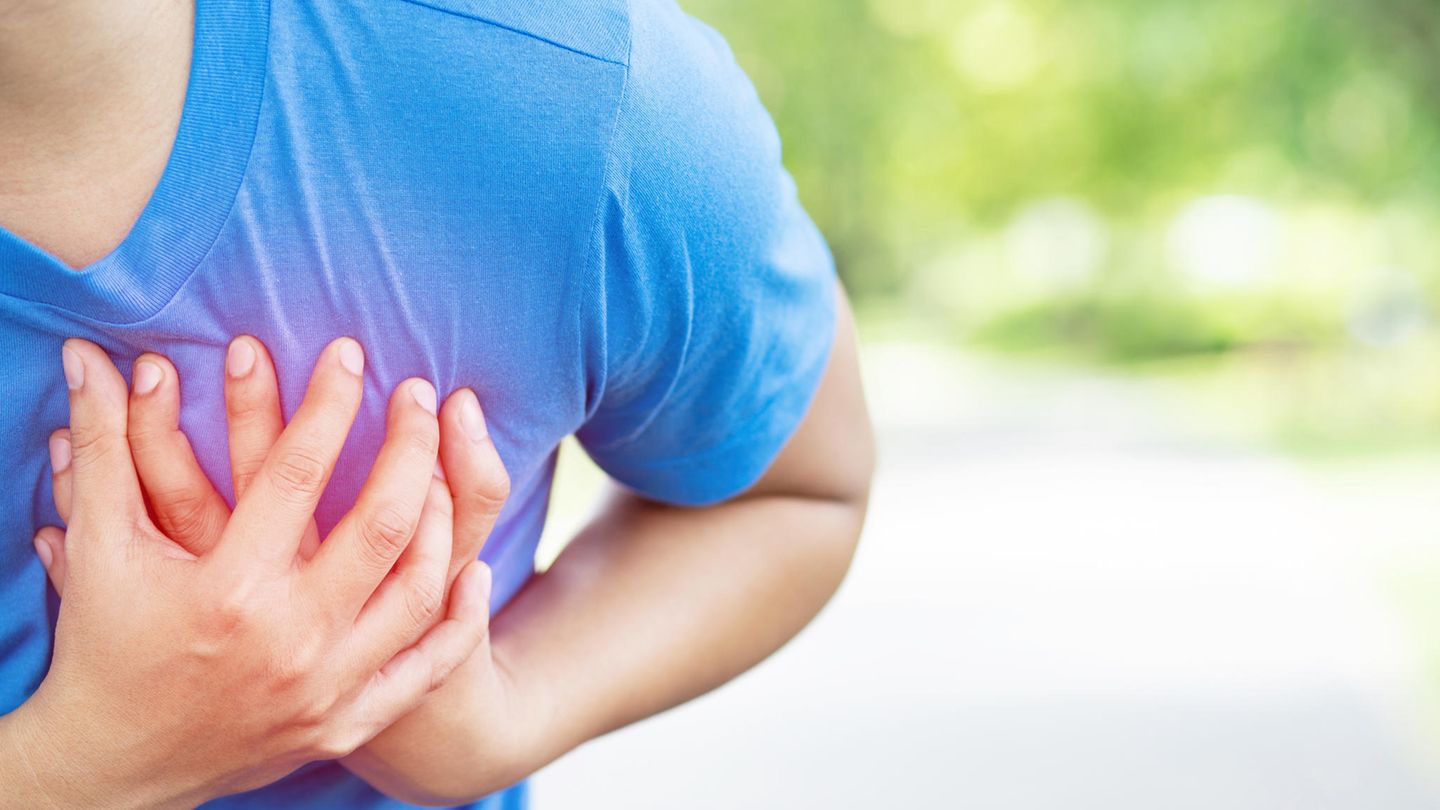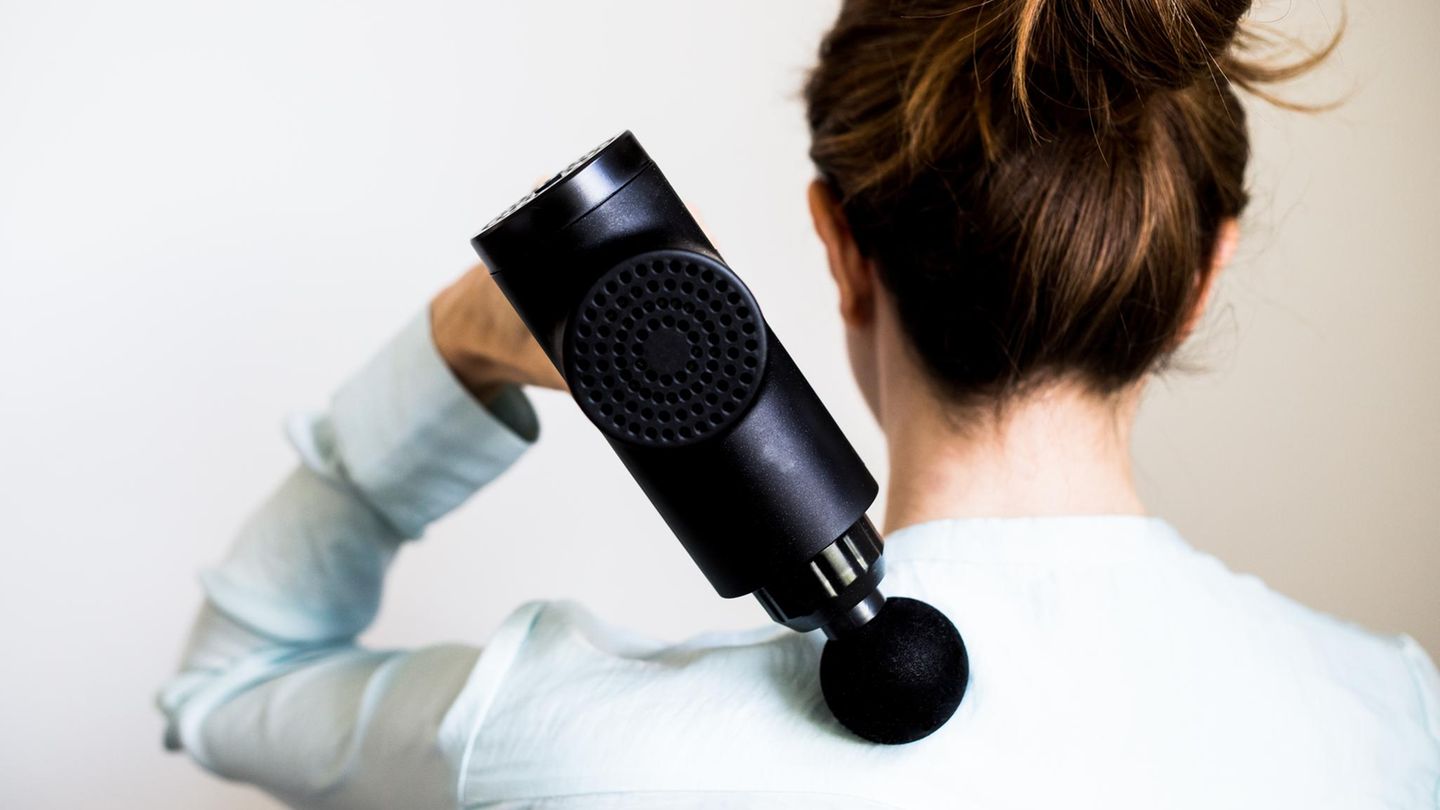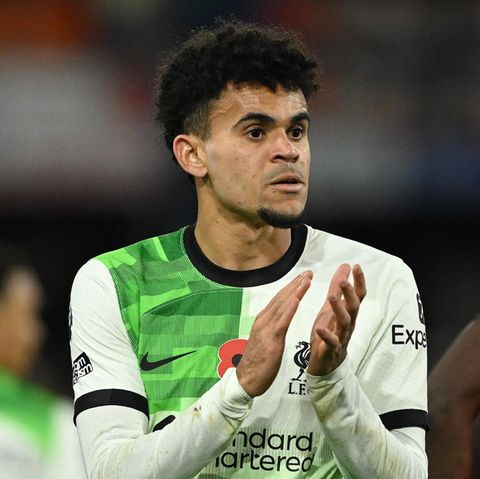Infection with the coronavirus can also attack the heart and in some cases lead to heart muscle inflammation. Especially those who do sports should be careful and prefer to take a break.
Last week I was sitting in the locker room next to a young woman who was gasping for air and looked very pale. Because I was worried about her, I approached her and asked her if she was okay. Still breathless, she replied: “Yes, to some extent. I had Corona a while ago and then myocarditis, now I have to start training again from scratch.” At the time of her illness she had been vaccinated twice, but not yet boosted. It is not uncommon for a virus to attack the heart muscle. But for athletes, this can quickly become a life-threatening situation.
What is generally called heart muscle inflammation has the technical term myocarditis. It is an inflammatory disease of the heart muscle. Triggers are often pathogens (usually viruses) that attack the muscle tissue of the heart (called the myocardium). They can penetrate the cells – which in turn can destroy the heart muscle tissue. A process that can even extend to the entire heart muscle.
When it comes to Corona, there is still a lot in the dark. Often the figures and investigations are not yet complete. In the laboratory, however, scientists from the German Center for Cardiovascular Research have now been able to prove that Sars-CoV-2, which primarily attacks the lungs, can also penetrate the heart muscle.
This can quickly become a problem, especially for people who are active in sports. Because their hearts have to perform under stress. Results from the USA continue to make people sit up and take notice. Scientists from Ohio found evidence of myocarditis in 15 percent of the athletes they examined after symptom-free Covid 19 disease in a subsequent magnetic resonance examination. Similar results come from the University Hospital in Frankfurt. There, the researchers found signs of myocarditis in 60 out of 100 people examined after Covid disease.
It is far from clear how the corona pathogen attacks the heart
In order to be able to evaluate these results more precisely and to see how great the danger really is, further investigations are needed. It is also far from clear how exactly the corona pathogen damages the heart. Nevertheless, caution is required, especially for those who are active in sports. The problem: The symptoms of heart muscle inflammation are usually very subtle. They are also sometimes mistaken for normal infectious symptoms. In many cases there are no symptoms at all. The diagnosis is therefore difficult. If you then continue to run and train, in the worst case you risk your life.
That’s why doctors are currently advising to take it easy in the event of an infection – even if you don’t have any symptoms. The pathogen is in the body and can also do serious damage silently. After Corona, the recommendation is to refrain from training for even four weeks. After a heart muscle inflammation has cured, you should avoid sporting activities for six months. And only after an examination by the cardiologist slowly start light training again. Then the chances are very good that no permanent damage will occur. In about 70 percent of all heart diseases of this type, a complete cure can be assumed. Some sufferers have mild symptoms such as cardiac arrhythmia due to scarring in the heart muscle.
Source: Stern




